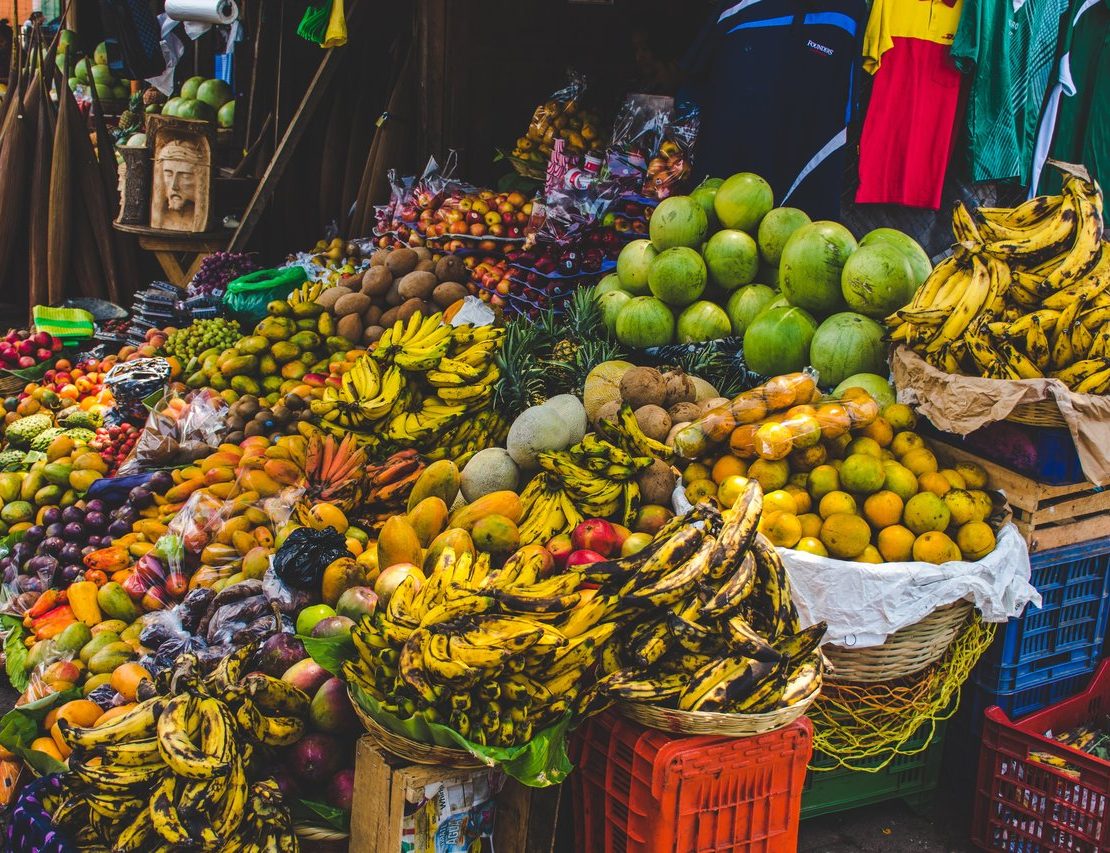In a tropical country like the Philippines, most fruits grow all year round. However, that does not mean that they’re at their best every single time they’re harvested and bought in the grocery. So before you go out to get your fruits, save yourself from disappointment and check out this list of the fruits that are in-season from July to September.
Rambutan
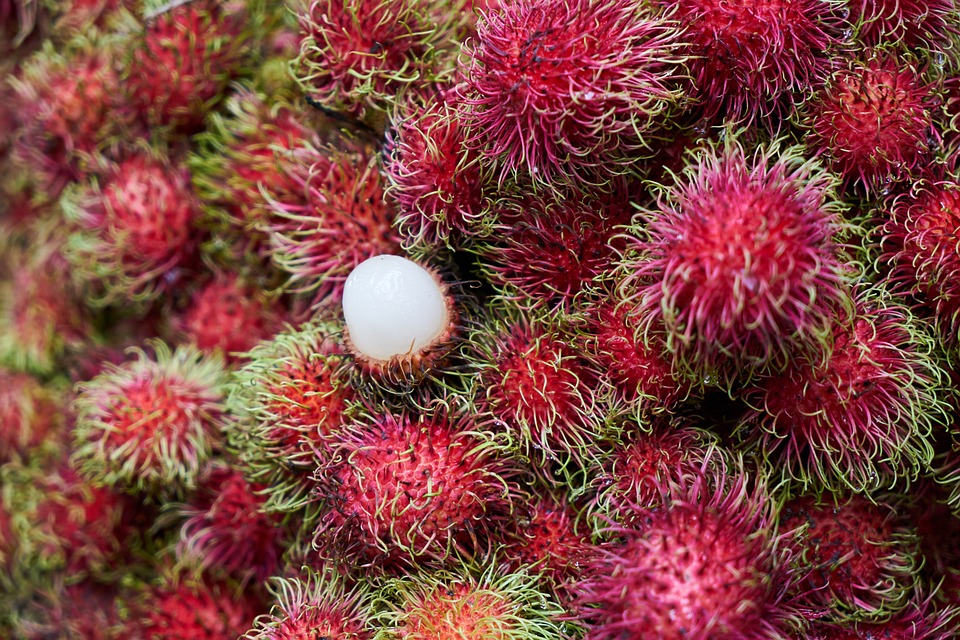
Rambutan is an indigenous fruit to the Malay-Indonesian region and certain other regions of Southeast Asia. It got its name in reference from it’s physical appearance, as in the native language of Malaysia, rambut means hair. This interesting fruit contains vitamin C to help boosts your immune system. In addition to that, it contains copper and iron to improve the health of your blood vessels and blood cells.
Lanzones
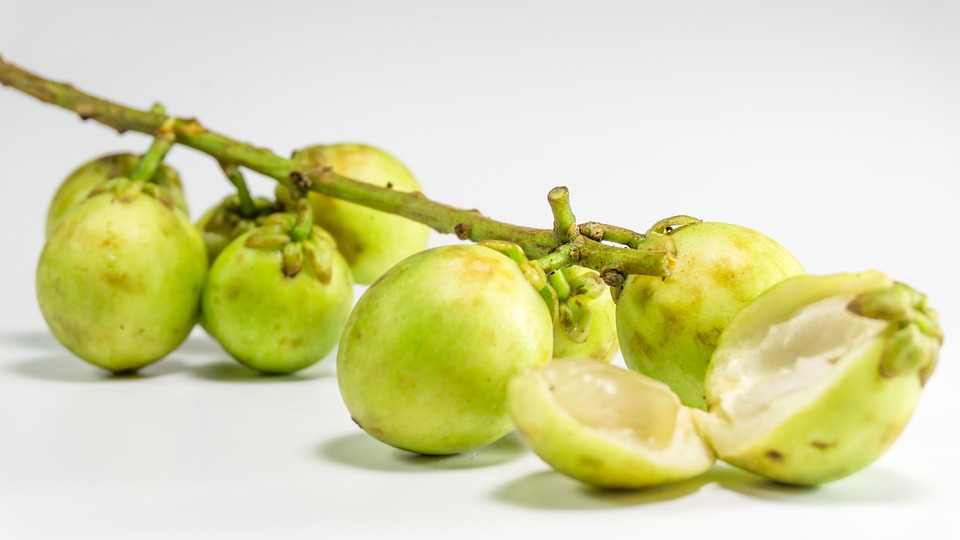
This fruit is commonly found in tropical climate countries including the Philippines. The fruit grows in clusters, pale brown or sometimes gray-yellow skin and juicy and white translucent inside. Lanzones contains high nutritional value, as it contains an abundant amount of antioxidants, vitamin B, and fiber.
Atis (Sugar-apple)
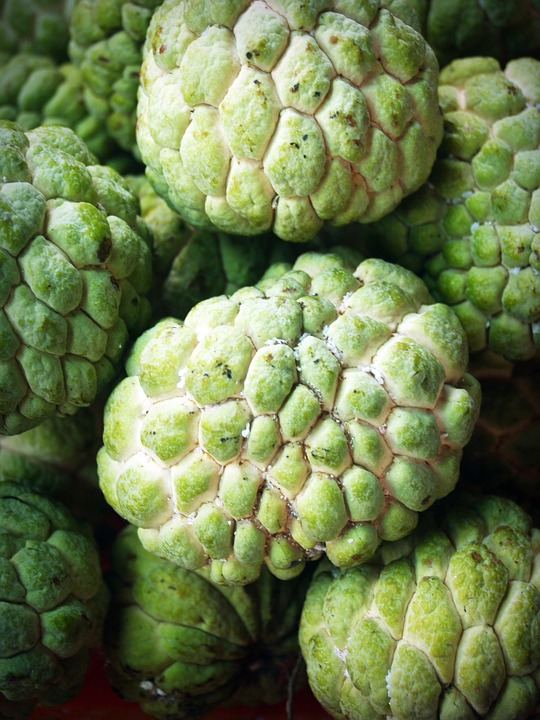
Sugar-apple, more commonly known as Atis in the Philippines, is an excellent source of vitamin C and B vitamins. It also provides us with and manganese, iron, magnesium, phosphorus and potassium.
Guyabano (Soursop)
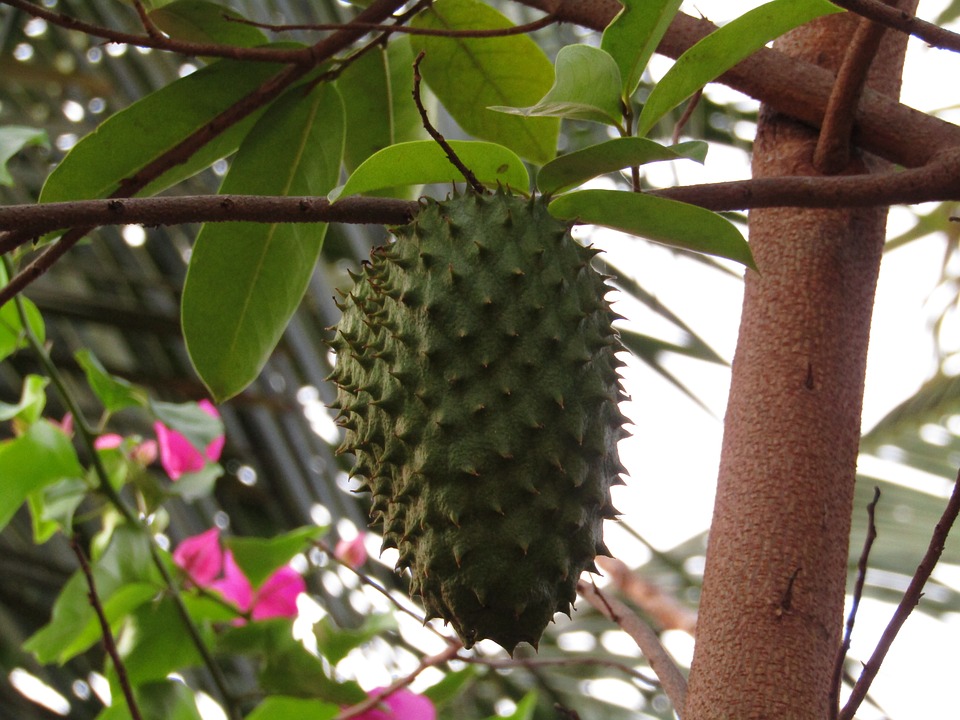
Guyabano is rich in vitamin C and B vitamins thiamin, riboflavin and niacin. Know to have several medicinal purpose, it can serve as sedative, a nerve tonic, and is used to maintain proper intestinal health. Guyabano seed are also used by herbal medicine practitioners to treat nausea, while using the fruit and leaves as pain relievers for stomach pain, asthma, and fever.
Mango

Mango can internally and externally be used for the skin, as they help clear clogged pores and eliminate pimples. It’s leaves may also help with Diabetes as they normalize insulin levels in the blood. The amount of Vitamin C and Vitamin A in Mangoes can boost your immune system too.
Pineapple

Pineapple is nutrient-dense tropical fruit. It has a high supply of vitamin C, vitamin B1, potassium, manganese, and other antioxidant. Most people don’t know that Pineapples can also protect against us from cardiovascular disease and reduce inflammation.
Durian
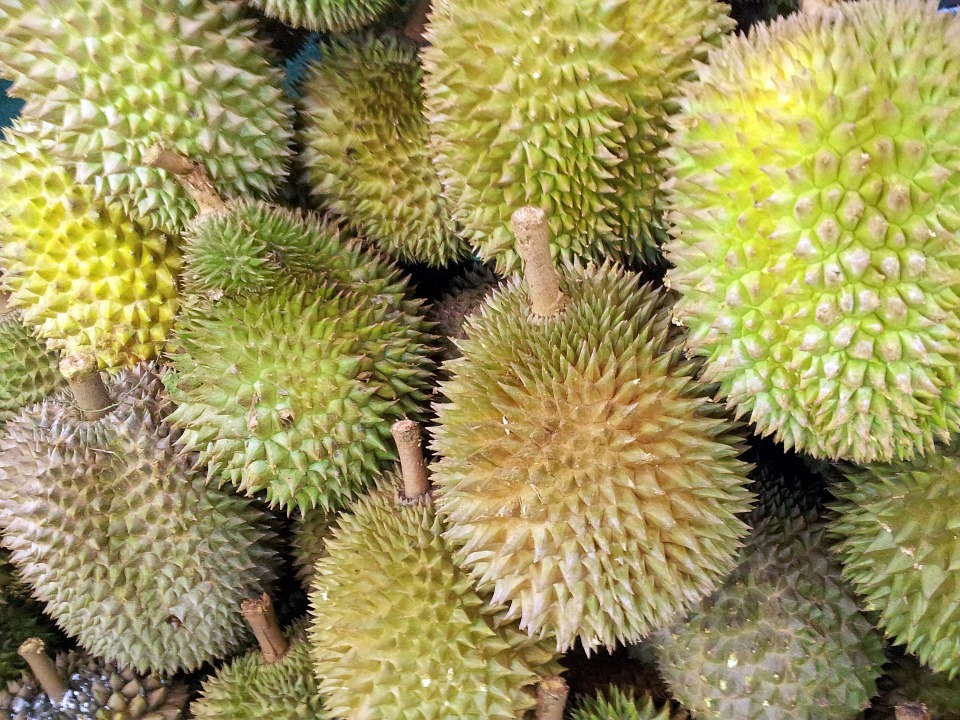
Dubbed as the “King of Fruits” of Southeast Asia due to its large size, Durian can grow as large as 30 centimetres long and 15 centimetres in diameter. It contains high levels of dietary fiber, which helps with digestion. You can save your cardiovascular system by eating Durian because fiber reduces the amount of cholesterol in the blood by removing the bad cholesterol out of the body.
Mangosteen
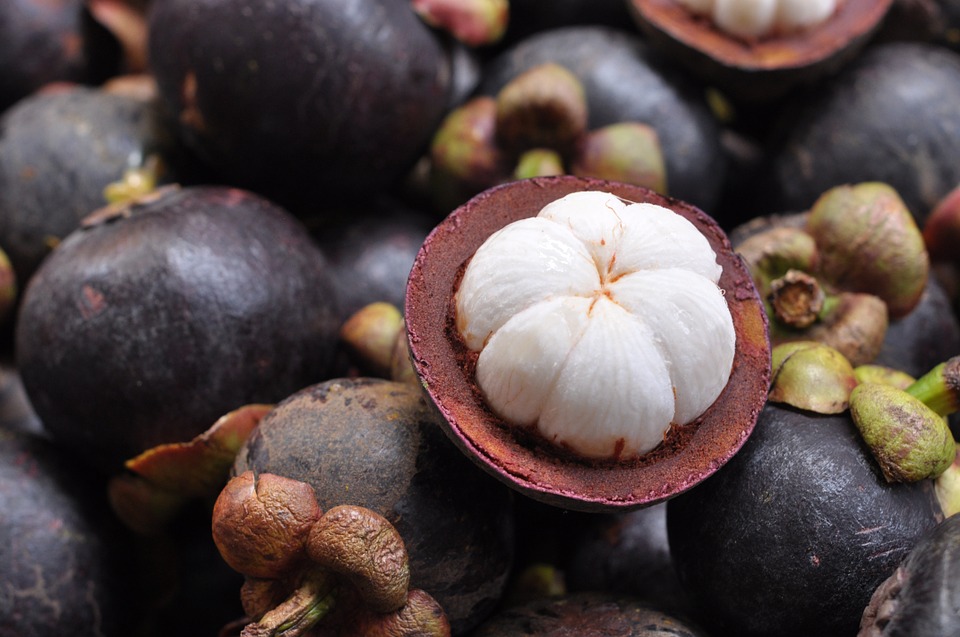
Mangosteen is infused with antioxidants and vitamin C which can provide you with resistance to fight the flu and other infectious diseases. It also increases blood flow by causing dilation of blood vessels. You can use Magosteen to boost you immune system as it contains strong antibacterial and antifungal properties.
Sampaloc (Tamarind)
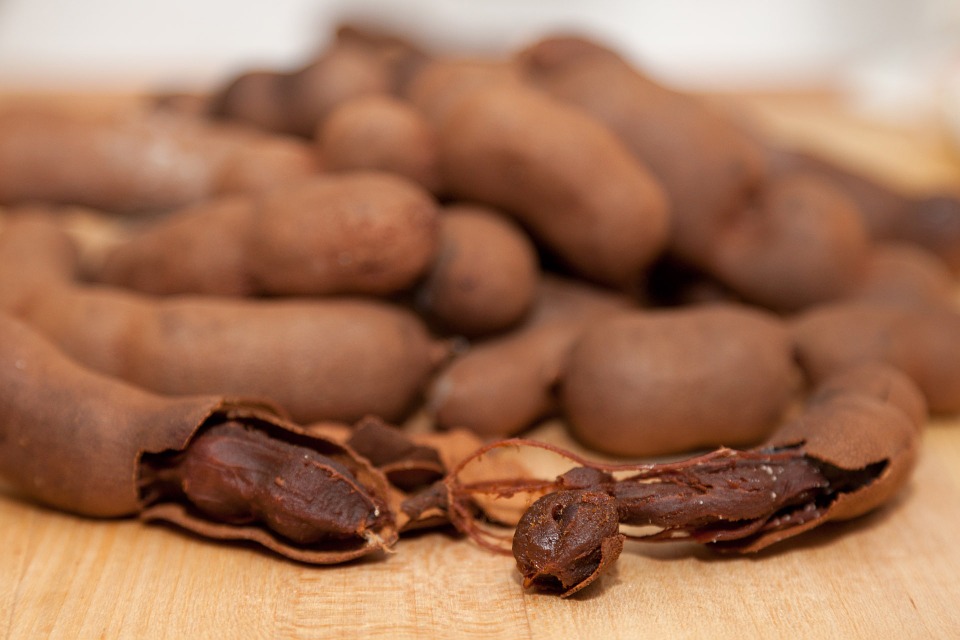
This pod-like fruit that contains an edible pulp is commonly used in sauces, marinades, drinks and desserts. However, it can also be used for medicinal purposes. Sampaloc contains antioxidant and anti-inflammatory properties that can protect the human body against diseases such as heart disease, cancer and diabetes.
Suha (Pomelo)
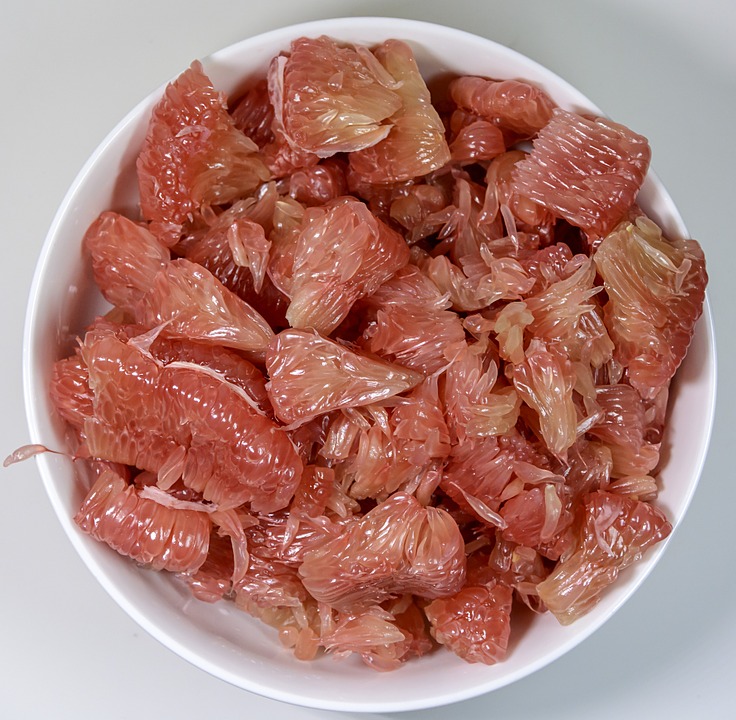
Pomelo is a large citrus fruit that contains high levels of potassium, which is a mineral that essential for heart to function properly. Consumption of Pomelo can also help to fight urinary tract infection as it increases the acid level in urine, which can help eliminate bacteria causing the infection.
Banana

Bananas, known to be rich in potassium and fiber, are one of the most common fruits in the world. They contain several types of potent antioxidants, including dopamine and catechins that can reduce the risk of heart disease and degenerative diseases. Bananas may also help prevent asthma, high blood pressure, diabetes, and digestive problems.
Calamansi
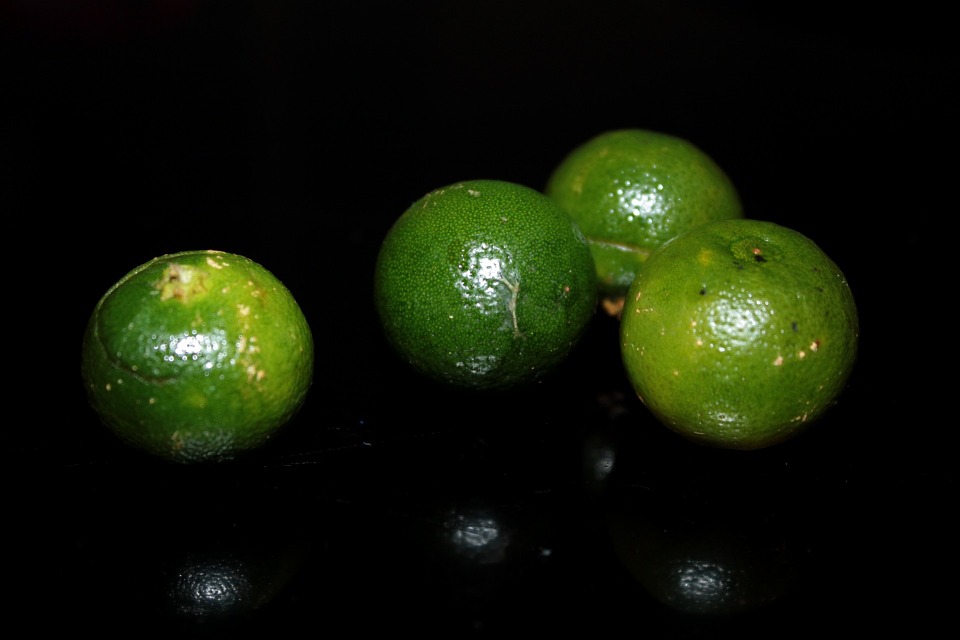
Calamansi is a fruit widely cultivated in the Philippines. It has the ability to boost the immune system, soothe stomach acidity, detoxify the body, and manage diabetes. Aside from that, it can also help prevent atherosclerosis, heart attack, and stroke.
Makopa (Java Apple)
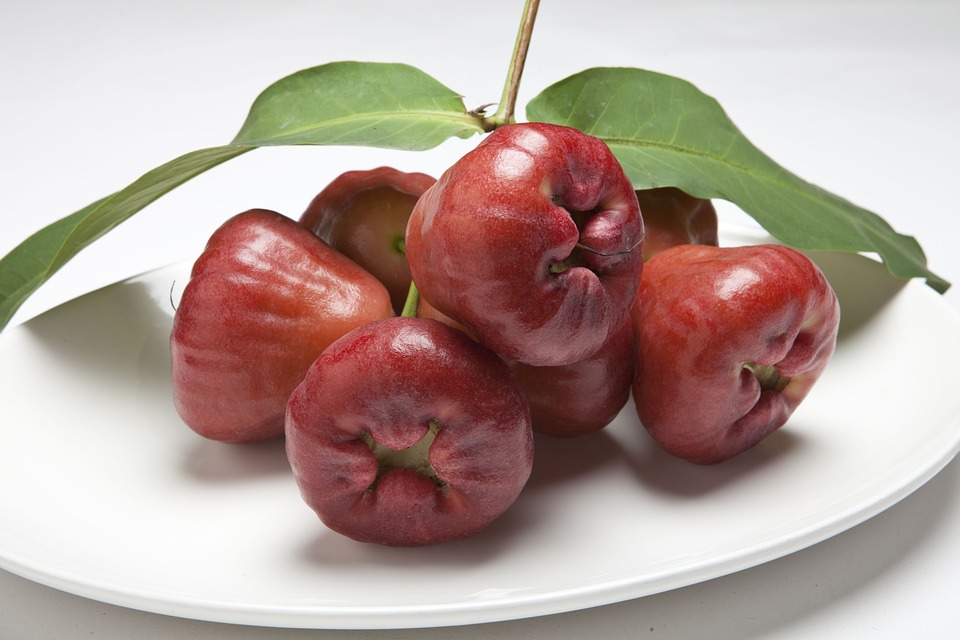
The Makopa fruit can provide us thiamin, vitamin C, calcium, magnesium, iron, potassium and sulfur. It is also a source of fiber and is low in fat and calories.
All images courtesy of Pixabay. Header image courtesy of Unplash.
Writer: DANEE TORRES


